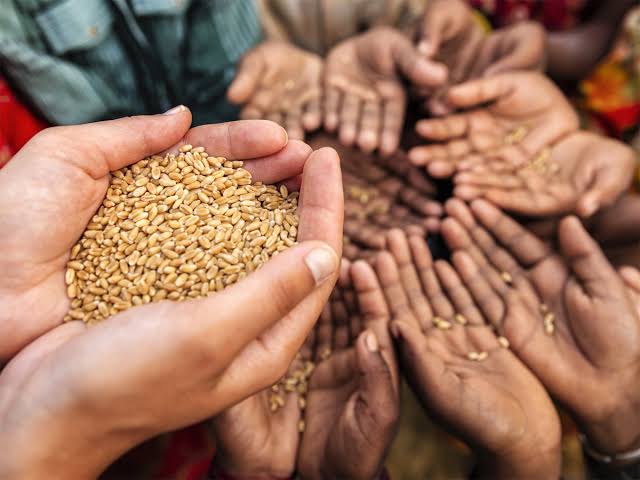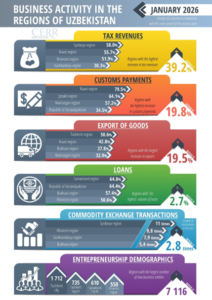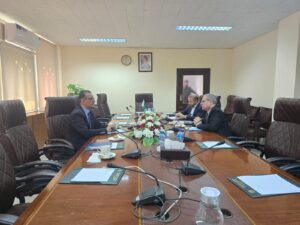Food Scarcity Endangers Our Next Generation

United Nations has cautioned that Pakistan is heading into life-threatening acute malnutrition; as Global food prices are soaring, children in Pakistan are suffering from increasingly severe forms of malnutrition. The number of children suffering from severe acute malnutrition with medical complications admitted for hospital treatment has also gradually increased since Floods 2022. Food scarcity has indeed begun to impact Human Development component of our National Security.
A rapid survey conducted in 15 flood-affected districts suggests that nearly one-third of children aged 6-23 months suffer from moderate acute malnutrition and 14 per cent from severe acute malnutrition, a life-threatening form of malnutrition, with girls being more affected than boys. Wasting usually occurs when a person has not had food of adequate quality and quantity and/or has had frequent or prolonged illnesses. Wasting is caused by inadequate calorie intake, mal-absorption of nutrients, an altered metabolic rate, and hormone deficiency.
In the areas affected by last year’s floods, a large number of Children have been pushed into life-threatening, acute malnutrition. On April 17, a press release by the United Nations has warned that the number of children suffering from ‘Child Wasting’ in Pakistan’s flood-affected areas has greatly increased compared to the pre-flood situation. Child wasting refers to a child who is too thin for his or her height and is the result of recent rapid weight loss or the failure to gain weight. The most obvious sign of Chronic Wasting Disease (CWD) is progressive weight loss. Numerous behavioural changes have also been reported, including decreased social interaction, loss of awareness, and loss of fear.
A child who is moderately or severely wasted has an increased risk of death, but treatment is possible. Severe wasting, also known as severe acute malnutrition, is its most deadly form. It is caused by a lack of nutritious food and repeated bouts of diseases such as diarrhoea, measles and malaria, which compromise a child’s immunity.
“Even before the floods, child wasting was already reaching emergency levels, but what I am seeing now in villages is very worrying,” said Julien Harneis, the UN Resident Coordinator in Pakistan. “We are grateful for the global community’s support so far, but much more is needed to help the [Pakistan] Government provide the increasing numbers of children who are at risk of death with immediate therapeutic food and care”.
The condition may be controlled, to some degree, by eating a good diet. A “good diet” in this context may not be the low-fat, low-calorie diet, otherwise recommended for healthy people. In most cases, children with wasting can be treated with ready-to-use therapeutic food (RUTF), allowing them to recover in their own homes and communities rather than in a health facility.
The Resident Coordinator announced that he would dedicate USD $5.5 million out of the USD $6.5 million allocation received from the Central Emergency Response Fund (CERF), towards emergency nutrition and food security interventions. This will help provide emergency nutrition interventions as part of the Government-led flood response in the most vulnerable communities.
Outlining Pakistan’s case, Ambassador Munir Akram said the country was almost food sufficient, with agriculture accounting for 38 percent of the labour force, contributing 22.7 percent to GDP in 2021–22. “The floods inundated 4.4 million acres of standing crops…From food self-sufficient we became deficient without the ability to plant for the next season due to the standing [read stagnant] water.”
It is ironic that having suffered such massive impacts, Pakistan could not qualify for any of the international criteria for support. Ambassador Akram said, “We found to our shock, we are not eligible for the food shock window nor for the PRGT (Poverty Reduction and Growth Trust)”. “Our negotiations with the IMF have dragged on for months and months…” In this regard, Ambassador Akram agreed with UN Secretary-General’s conclusion that the [international] financial system was “morally bankrupt”. “People are suffering from exogenous shocks, yet they are not being able to gain access to support,” Ambassador went on to say, “highlighting the fact that there is something wrong with the system that we must seek to correct.” “This is obviously one of the critical impacts of the poly-crises we have been facing during the past three years,” the Pakistani envoy said during a discussion organized by the Food and Agriculture Organization (FAO) on ways to bring the role of finance for development to mitigating and preventing food crises and promoting food systems transformation.
According to the Government of Pakistan, the Food Security and Agriculture Sector has provided life-saving assistance to nearly 7 million people and the Nutrition Sector has reached out to nearly 1 million people since the Floods 2022, however, many needs remain pending. With only one-third of the nutrition interventions included in the Floods Response Plan funded so far, additional funding is urgently required to implement early identification, integrated prevention and treatment of malnutrition in a greater number of villages and healthcare facilities. There is a need to increase the number of interventions that improve affordability and accessibility to nutritious foods that protect children from wasting. Besides negotiating with international donors, the federal, provincial and local governments need to engage home-grown philanthropic entities for pulling our future generation out of this dire situation. In this context, we need to evolve some semi-government structures to handle such issues. It is beyond our governments’ capacity to handle such problems at their own.


